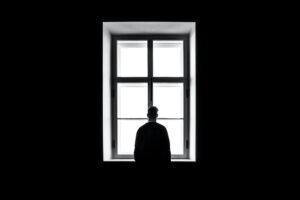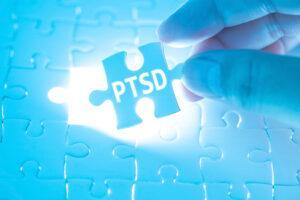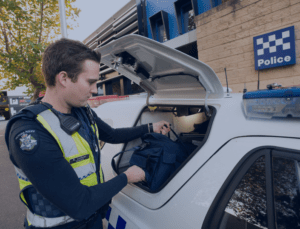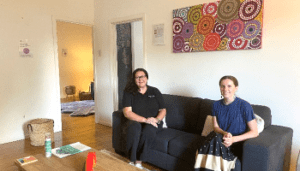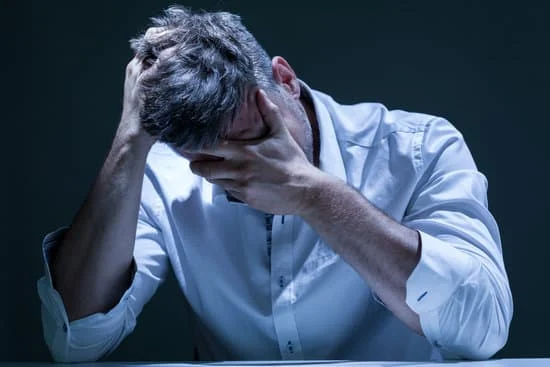
Police officers work in an environment that is often stressful and physically demanding which means our body’s natural response is to produce hormones such as adrenaline and cortisol. When this natural response becomes unregulated due to long term exposure to stress it can and sometimes does lead to anxiety.
Likewise, family members of police officers may also feel stressed when living with a loved one who is working long hours, rotating shifts and who may be experiencing trauma in the workplace. The added pressures of a partner being away from home in possibly dangerous working environments can impact on family via regularly feeling worried and covering extra home commitments which add further stress on partners and sometimes children.
Feelings of stress will accordingly come and go and may dissipate when the body moves into the rest and restore mode where the parasympathetic nervous system kicks in. Simply stopping, taking a few long slow breaths, meditating or talking about the stressful situation or thoughts to a trusted colleague, friend or family member may resolve the physical feelings of anxiety however the impact of everyday work life combined with family issues and life pressures may result in the need to seek professional help.
There are several avenues to seeking support, attending your GP at the first instance and discussing the issues around work life balance will assist your doctor to assess what type of support may be required. A referral via a mental health plan is an option to commence a series of counselling sessions preferably with a suitably trauma informed clinician who understands police culture.
Otherwise, contacting your state jurisdiction Employee Assistance Program can also assist with counselling or making an appointment to speak with your state chaplaincy service can be helpful.
To identify when anxiety may be an issue and it might be appropriate to seek further assistance the following list of symptoms and signs can be helpful to look out for:
- Difficulty concentrating
- Unnecessary worries or concerns that continue to pop into your mind
- Difficulty falling to sleep or staying asleep
- A general feeling of being unable to relax
- Keeping yourself busy all the time
- Avoiding places or people
- Feeling irritable, annoyed or restless
- Avoiding family and friends
- Feeling shaky or experiencing sweaty palms
- Frequent headaches, migraines or muscle aches
- Feeling your heart racing
- Shortness of breath
- Panic attacks
- Feelings of impending doom
Link to further information about anxiety – https://www.healthdirect.gov.au/anxiety

 Exit
Exit